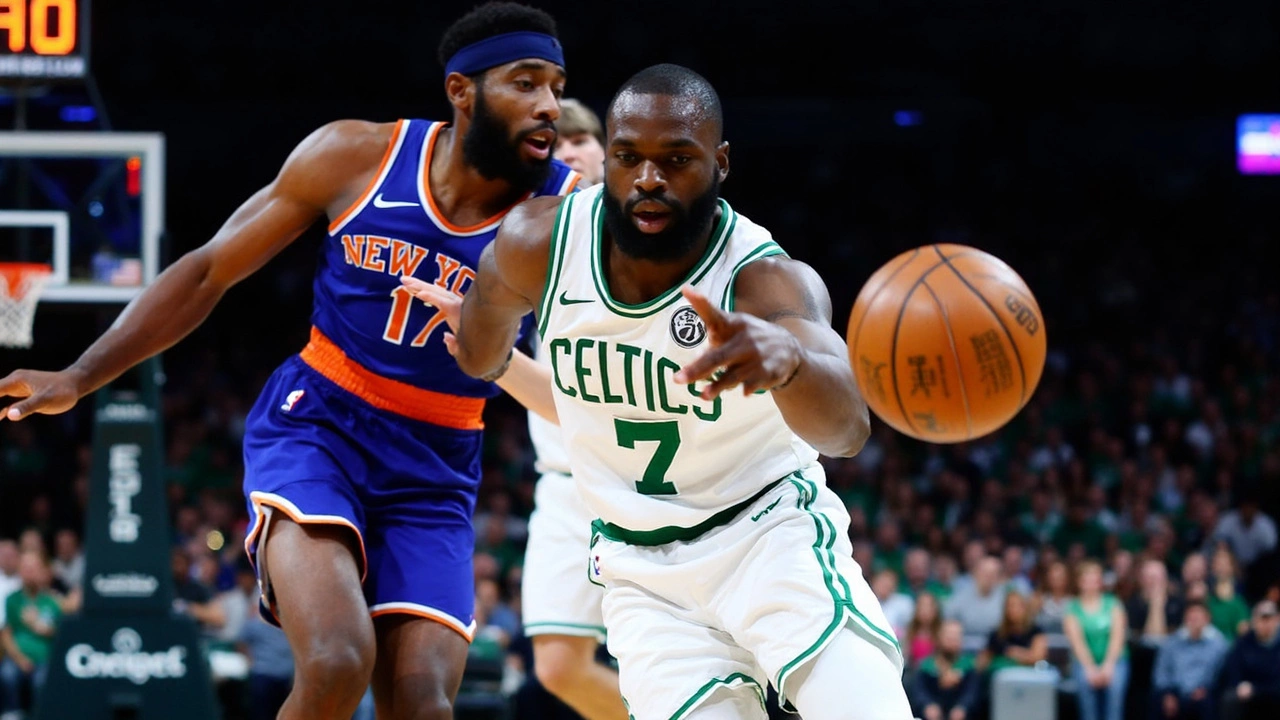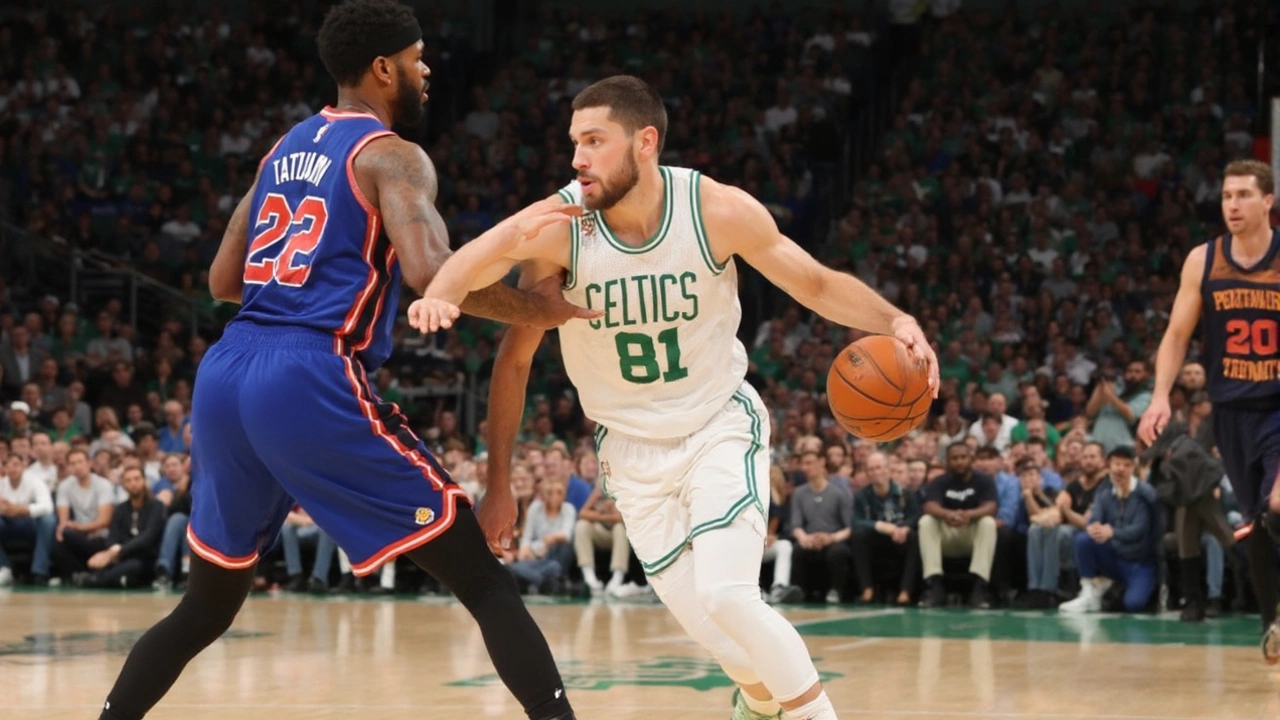Betting Odds Explained – What Every Soccer Fan Should Know
When talking about Betting Odds, the numerical expression that shows how likely a result is and how much a stake will pay if it happens. Also called odds, they let you compare risk and reward in a single figure. Betting odds are the backbone of sports wagering, especially in fast‑moving games like soccer.
Soccer, or football as most of the world calls it, is the sport that fuels most odd‑talk. In our definition, Soccer, the global team sport played with a ball and eleven players per side creates a massive market for bookmakers. Every Premier League fixture, every Europa League tie, generates dozens of odds lines for win, draw, and over/under goals. This means understanding the odds format can give you an edge when Arsenal faces Manchester United or when Rangers travel to Istanbul.
The Premier League, England's top‑flight football competition with 20 clubs battling each season for the title offers a perfect lab for learning odds. A decimal odd of 2.50 on a home win tells you a £1 stake returns £2.50 if the result holds – that’s a 40% implied probability. Fractional odds of 3/2 mean you win £3 for every £2 risked, and American odds of +150 signal a similar payoff. Knowing how to convert between them lets you spot when a bookmaker’s price is generous compared to the market.
But odds don’t exist in a vacuum. A Bookmaker, a company or individual that accepts bets and sets odds based on probability and profit margins does the heavy lifting. They balance their books by adjusting odds as news arrives – a key‑player injury, a manager’s tactical shift, or a sudden weather change. When Myles Lewis‑Skelly bursts onto the Arsenal lineup or when Kobbie Mainoo sees limited minutes under a new coach, bookmakers often move the odds quickly. Watching those shifts can reveal where the market over‑ or under‑reacts.
How Odds Influence Match Predictions
Every odds line carries an implied probability, so you can compare that number to your own assessment of a game. If you think Liverpool has a 55% chance to beat Fulham, but the bookmaker offers a decimal odd that translates to a 48% implied chance, you’ve found potential value. Value betting is the core of a profitable strategy: you only place wagers when your estimated chance exceeds the bookmaker’s implied chance.
Take a classic Premier League clash: Manchester United vs. Fulham. If the bookmaker lists United at 1.80 (≈55.5% implied) and you believe United’s form and home advantage push the real probability to 60%, that 4.5% gap is your edge. The same logic applies to Europa League matchups like Fenerbahçe vs. Rangers – a shift in the line‑up or a red card can swing odds dramatically, and savvy bettors watch those tweaks.
One mistake new bettors make is treating odds as guaranteed predictions. Odds reflect both probability and the bookmaker’s profit margin, called the overround. A market with high overround means you need a larger edge to be profitable. That’s why many fans focus on leagues they follow closely – the more you know, the better you can judge whether the odds are fair.
Another tip is to track multiple bookmakers. Different firms may have slightly different odds for the same match, creating arbitrage opportunities. If one book offers 2.10 on a draw and another offers 2.00 on a home win, you can sometimes lock in a profit regardless of the outcome by splitting your stake across both lines.
Understanding player forms also matters. When Patrick Roberts struggles after a tactical switch at Sunderland, his team's attacking threat drops, and odds on a clean sheet may rise. On the flip side, a breakout performance from a youngster like Myles Lewis‑Skelly can tighten odds on a win for his side. Paying attention to such nuances helps you read the market like a pro.
In the end, betting odds are a language that translates the chaos of a football match into numbers you can act on. They connect the excitement of a Saturday night game with the analytical side of sports betting. By learning the formats, watching bookmaker moves, and comparing implied probabilities to your own game reads, you turn raw data into actionable insight.
The articles below dive deeper into specific odds scenarios, break down recent Premier League odds shifts, and show how big matchups like Arsenal vs. Manchester City impact the betting market. Whether you’re a casual fan curious about how odds work or a seasoned punter hunting value, the collection offers the real‑world examples you need to sharpen your edge. Explore the insights and start making more informed bets today.

